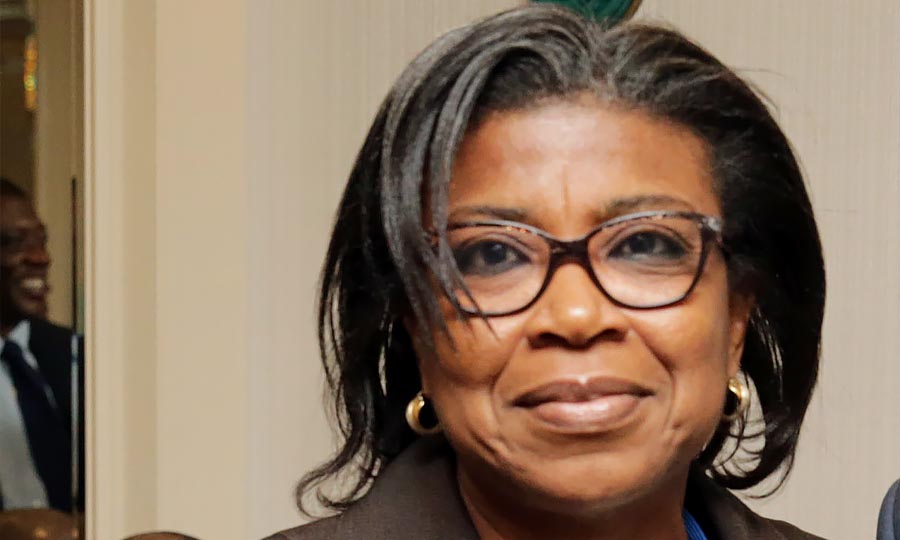In recent times, the Federal Government has attempted to borrow more in a bid to address infrastructural deficits and other challenges in the country. Though the Debt Management Office (DMO) believes borrowing is necessary, it disclosed the major challenge facing the country.
The major challenge, according to the Director-General of DMO, Mrs Patience Oniha is the level at which Nigeria is generating revenue. She made known that the purpose of the Finance bill is to generate revenue, which is why it is important to close the gap between revenue and expenditure as stated in the budget.
The expenditure in the budget, she added, included capital projects, and the loans that were meant to finance them.
“The purpose of the Finance Bill is to generate revenue. What is missing is that we have the need for borrowing to finance infrastructure, but we need to generate more revenue than we are currently generating as a country. Not only because we want to service debt, but because we want to do other things. But revenue is our challenge.” Oniha said.
Borrowing is needed: While answering questions during a workshop on borrowing guidelines for state governments and the Federal Capital Territory, the DMO boss said Nigeria needed to borrow.
[READ MORE: President Buhari not to blame for increase in debt – DMO DG)
Oniha said a lot of countries borrowed to access a large amount of capital to finance infrastructure because infrastructure was something that required capital to do, which could not be gotten from small savings.
“Governments across the globe borrow to fund capital projects; that is why the country borrows. Nigeria needs to generate more revenues. For debt servicing, we have borrowed, we have invested in infrastructure, whether it is the road, rail or airports. But you just need to generate revenue to service the debt, and what is our challenge, revenue.”
Oniha added that although the amount borrowed by the government had reduced over time, there is a need to generate revenue to service the debt. Hence, revenue generation should be the focus of the government.
“During the recession in 2016, the new borrowing was about N2.3 trillion. If you look at last year, it was about N1.6 trillion, the other year about N1.7 trillion. So, we are conscious of that but I think we should begin to focus on generating revenues.
“It is good to borrow but you have to plan how to service it; you have to borrow in a way that is cost-efficient, but suitable for government,” she said.
